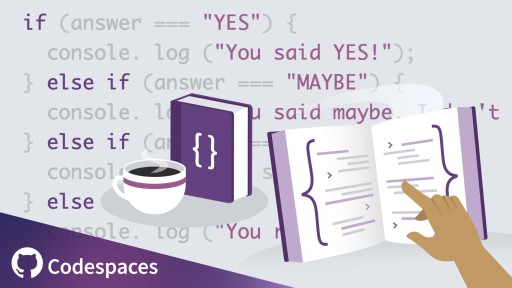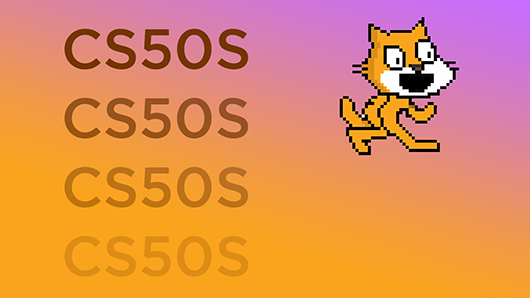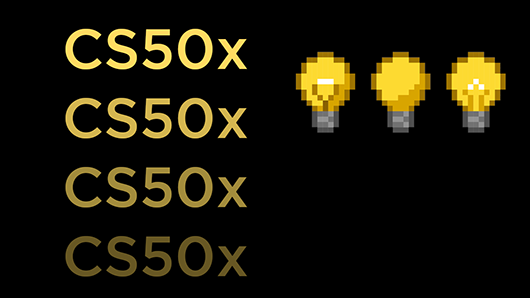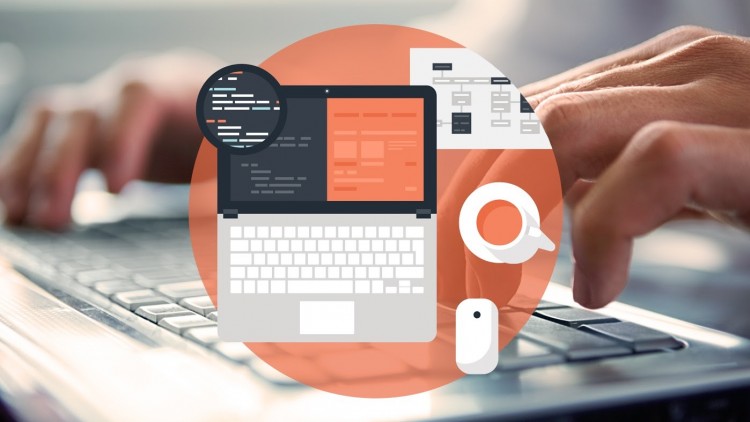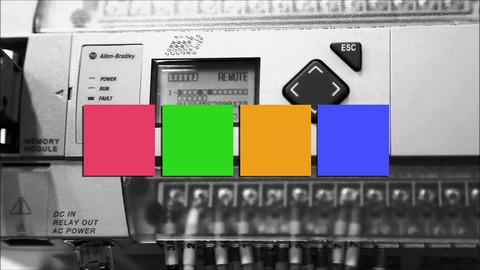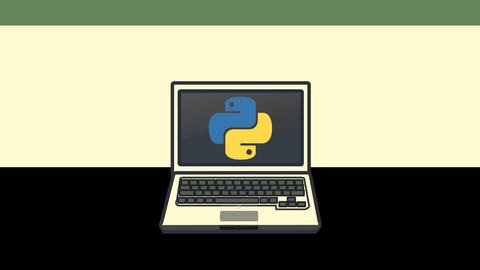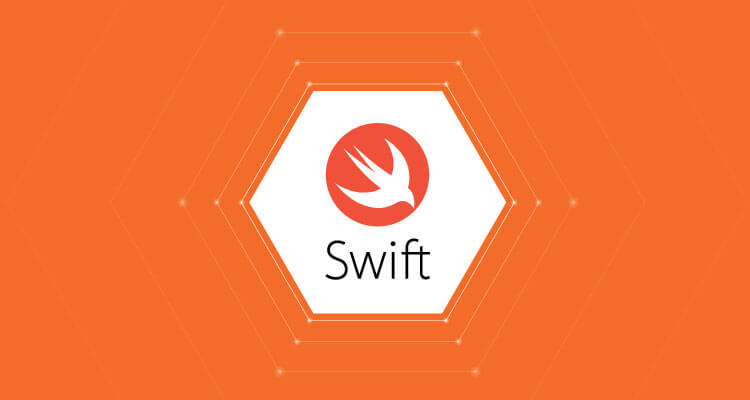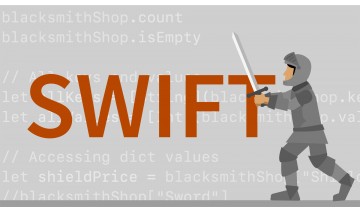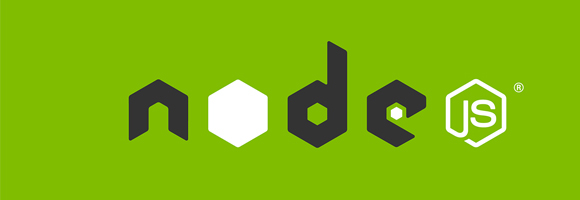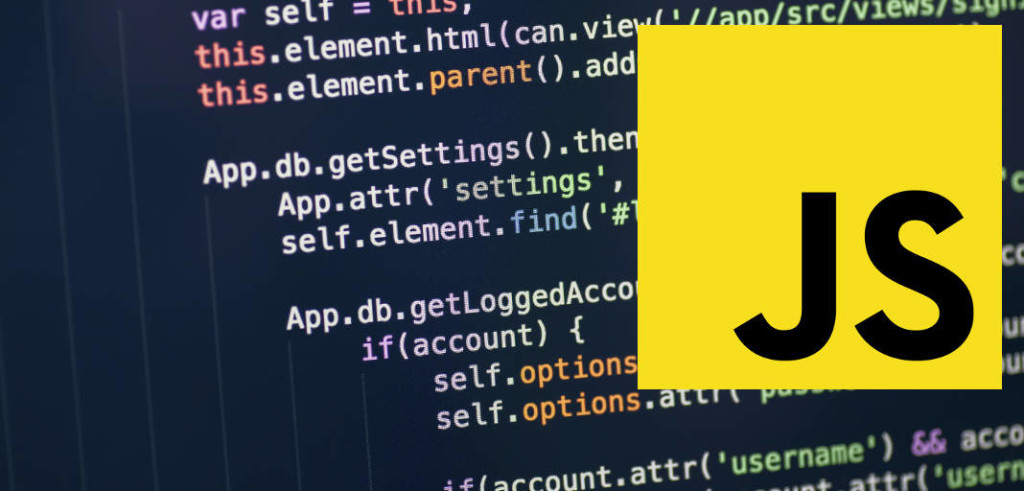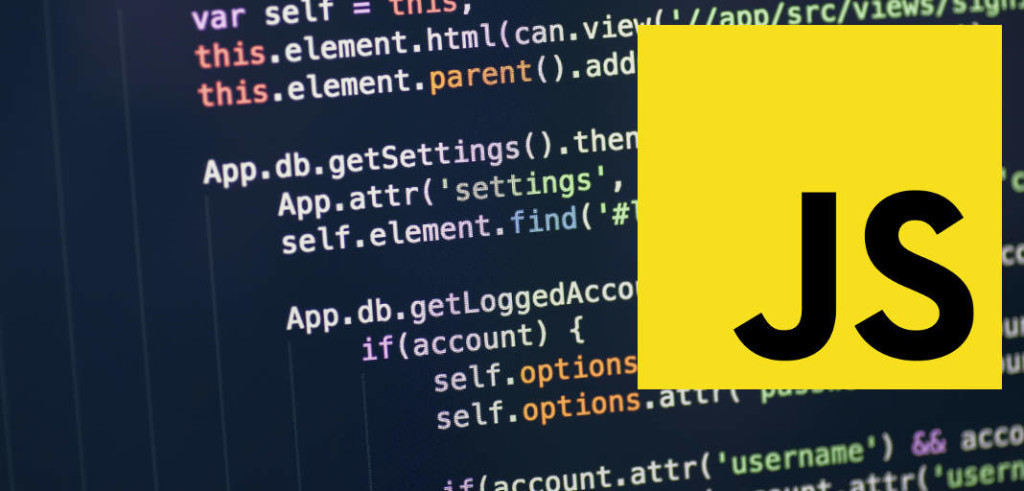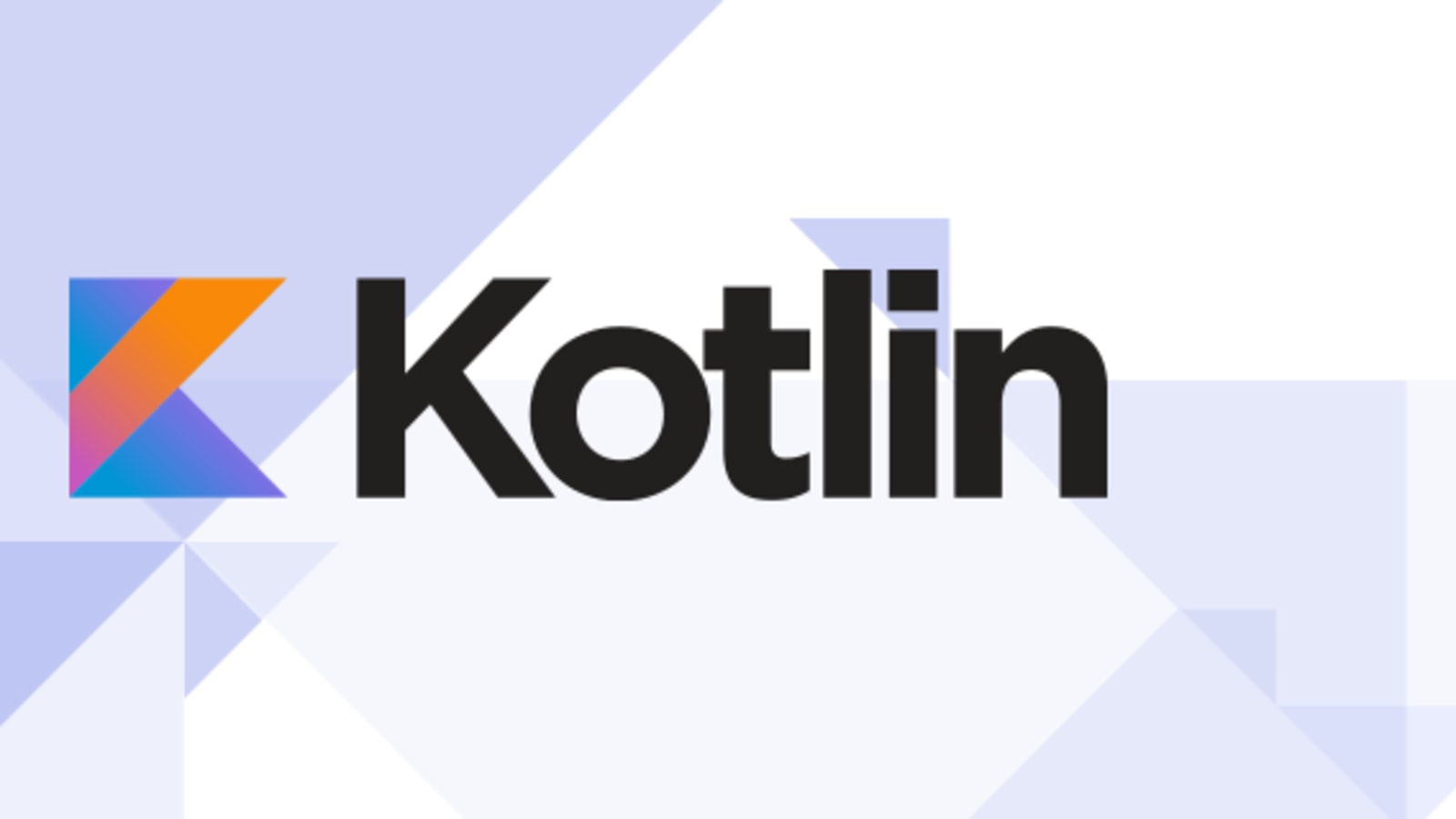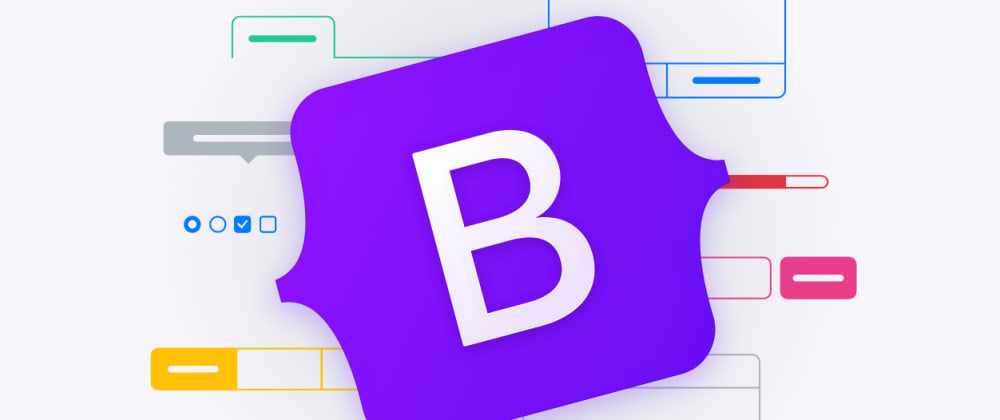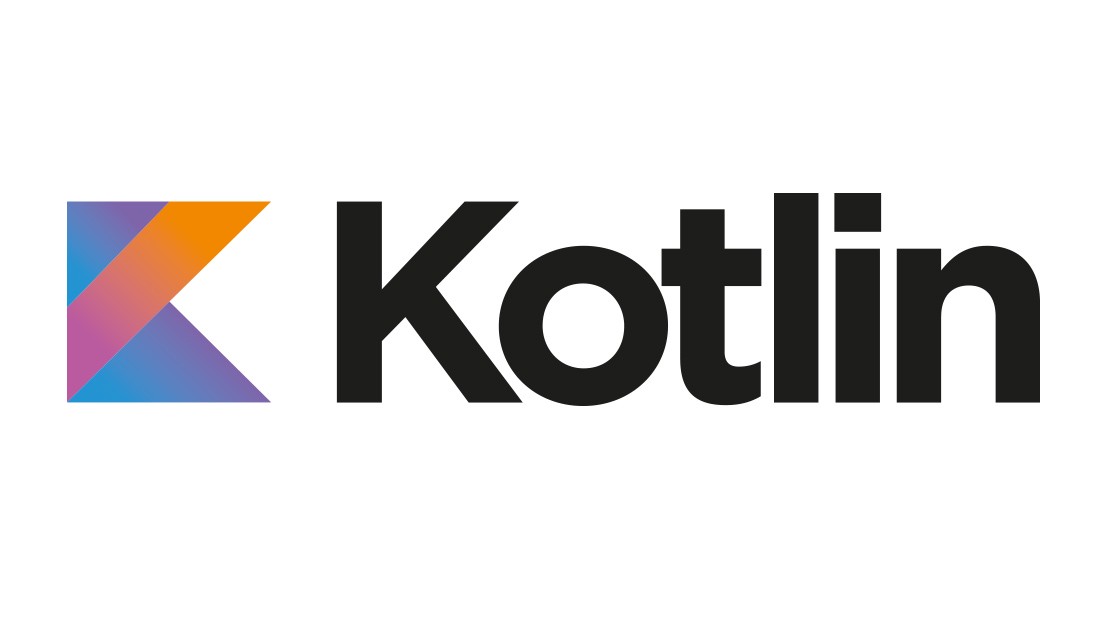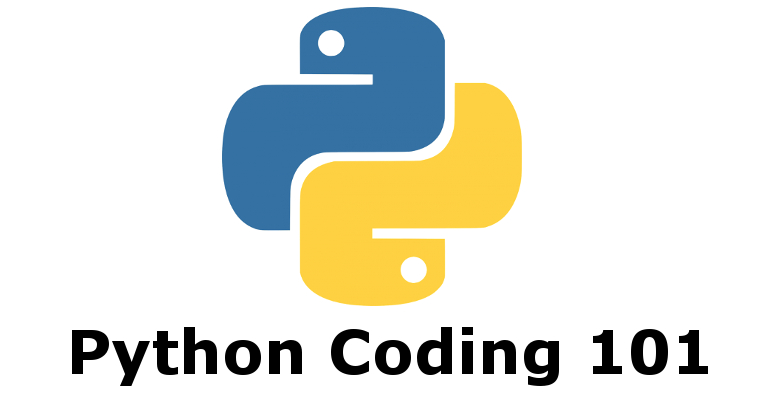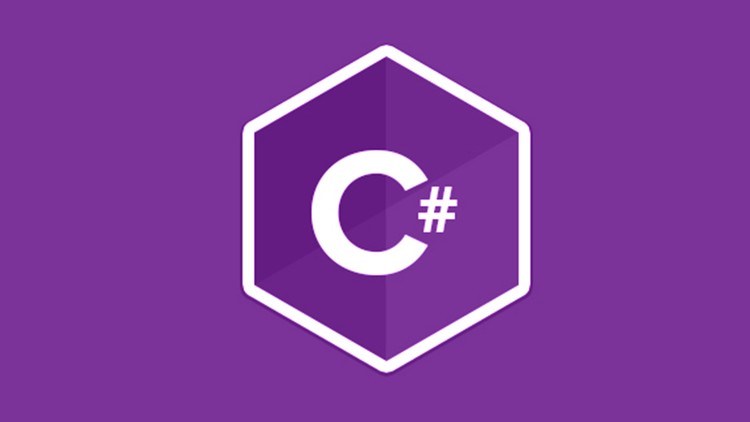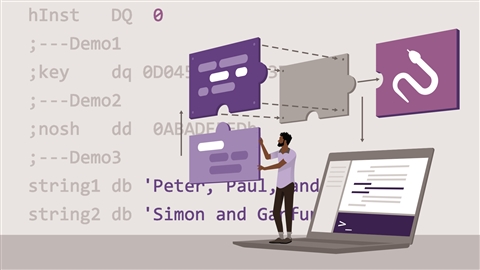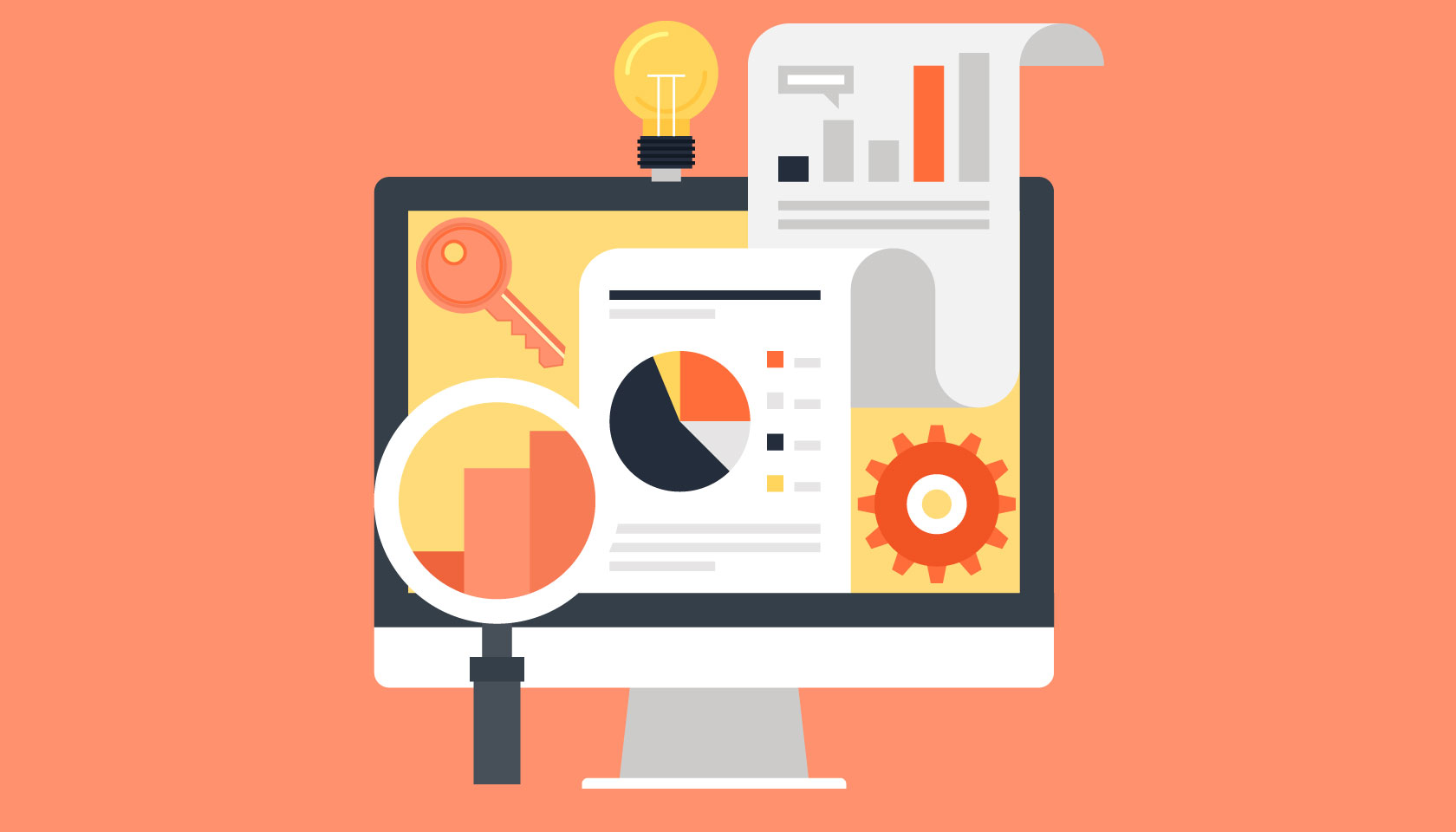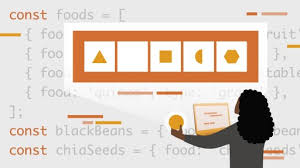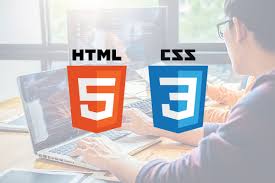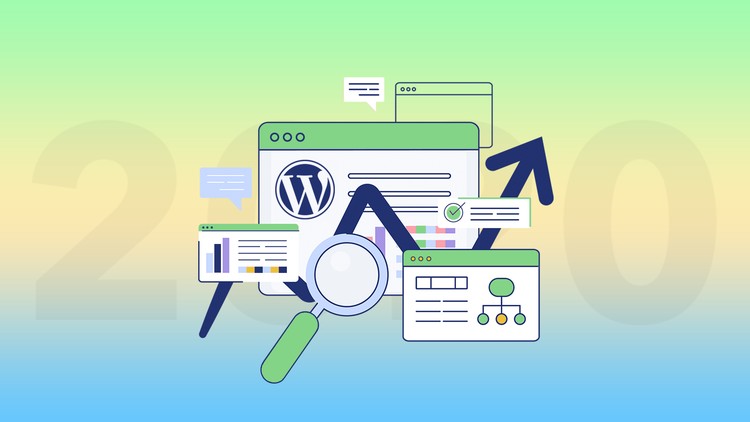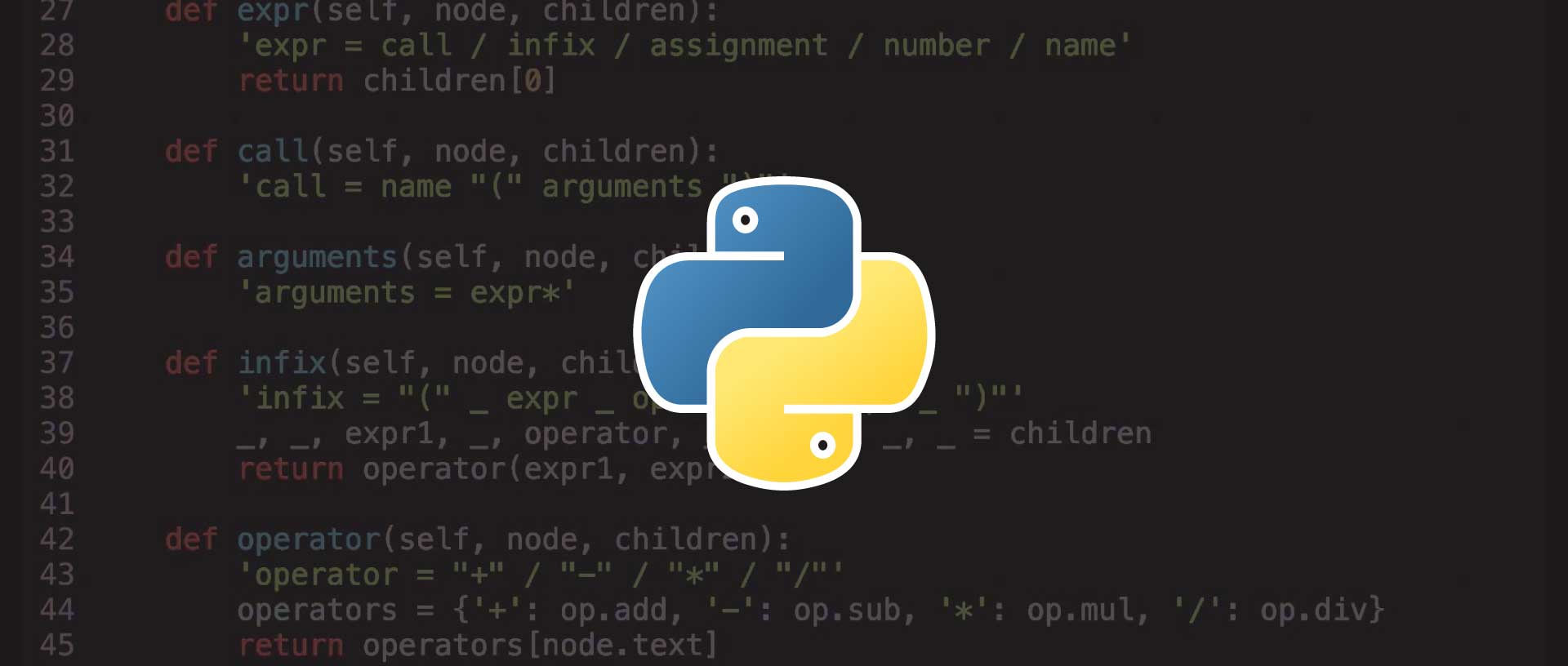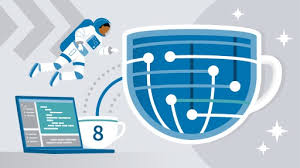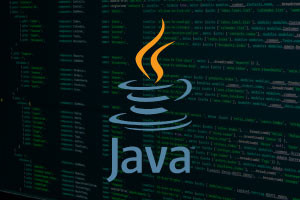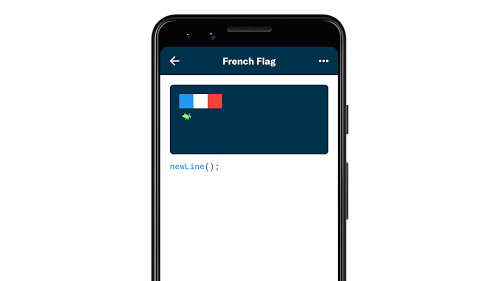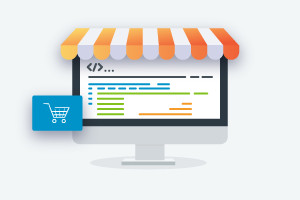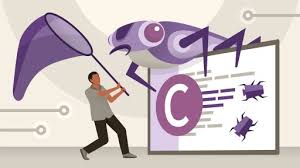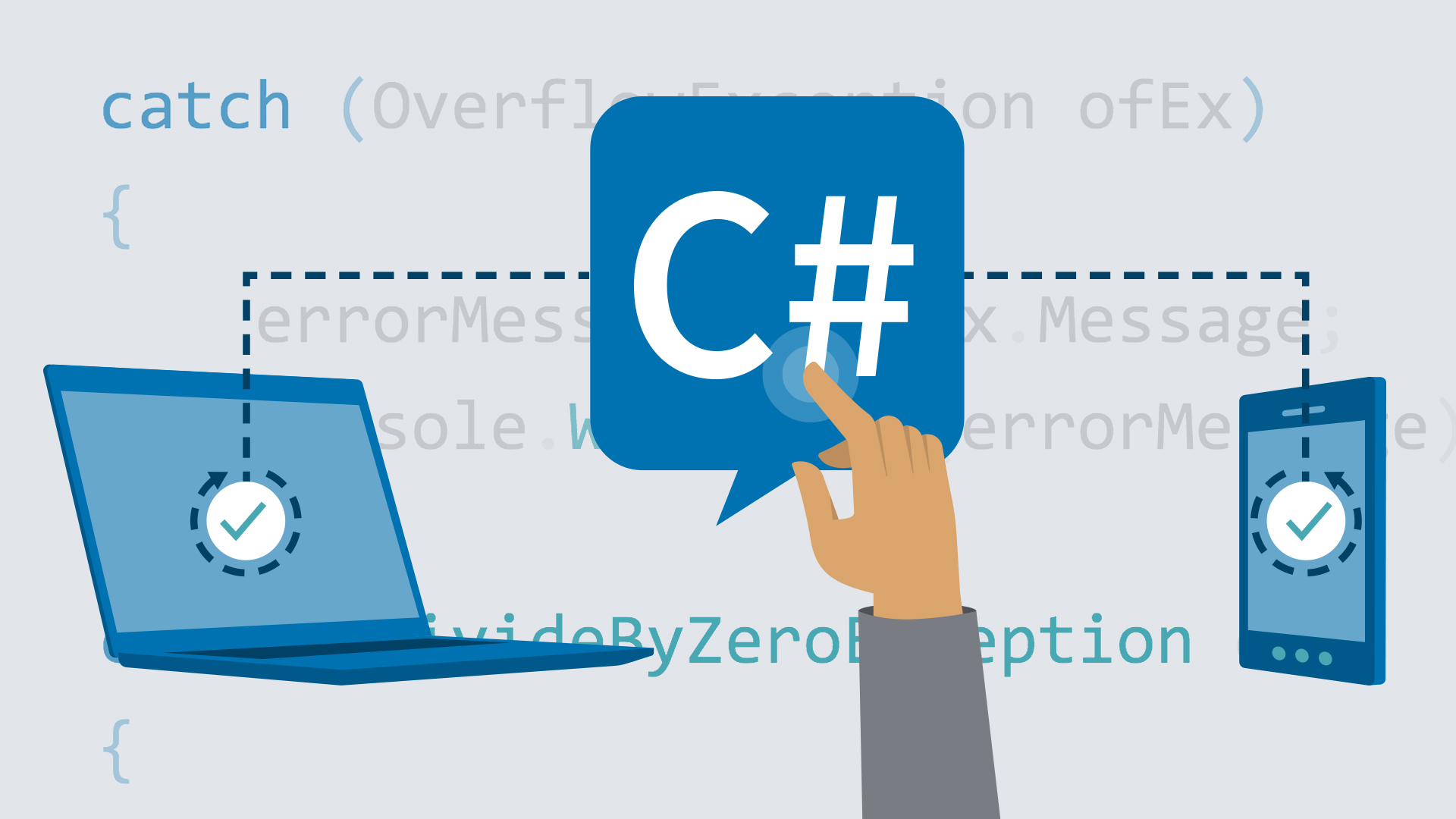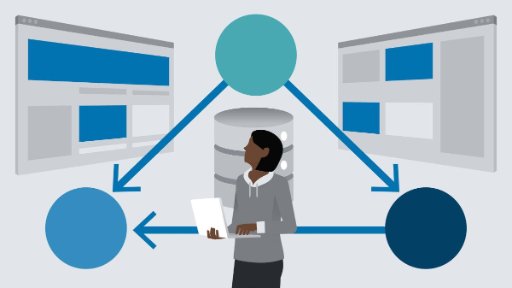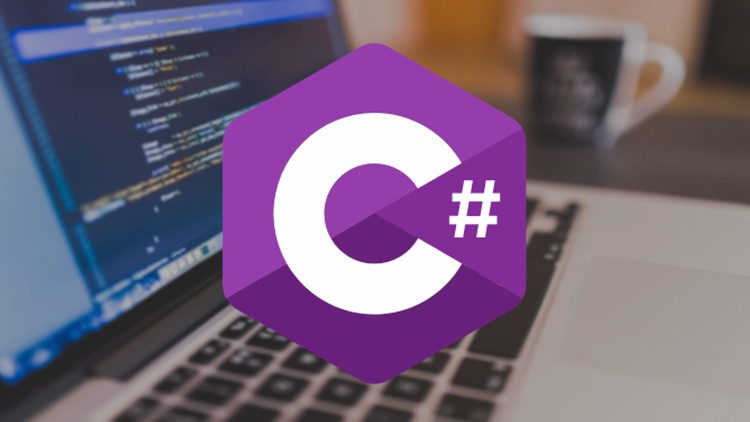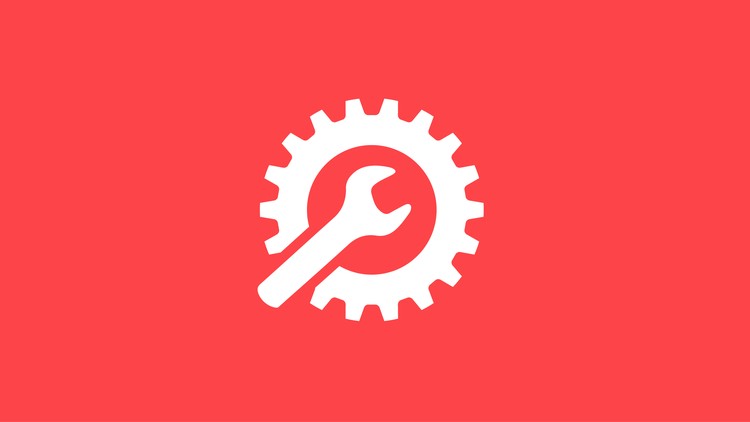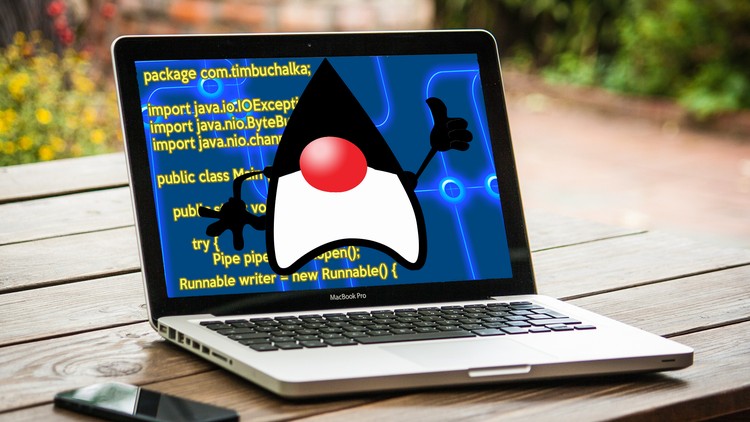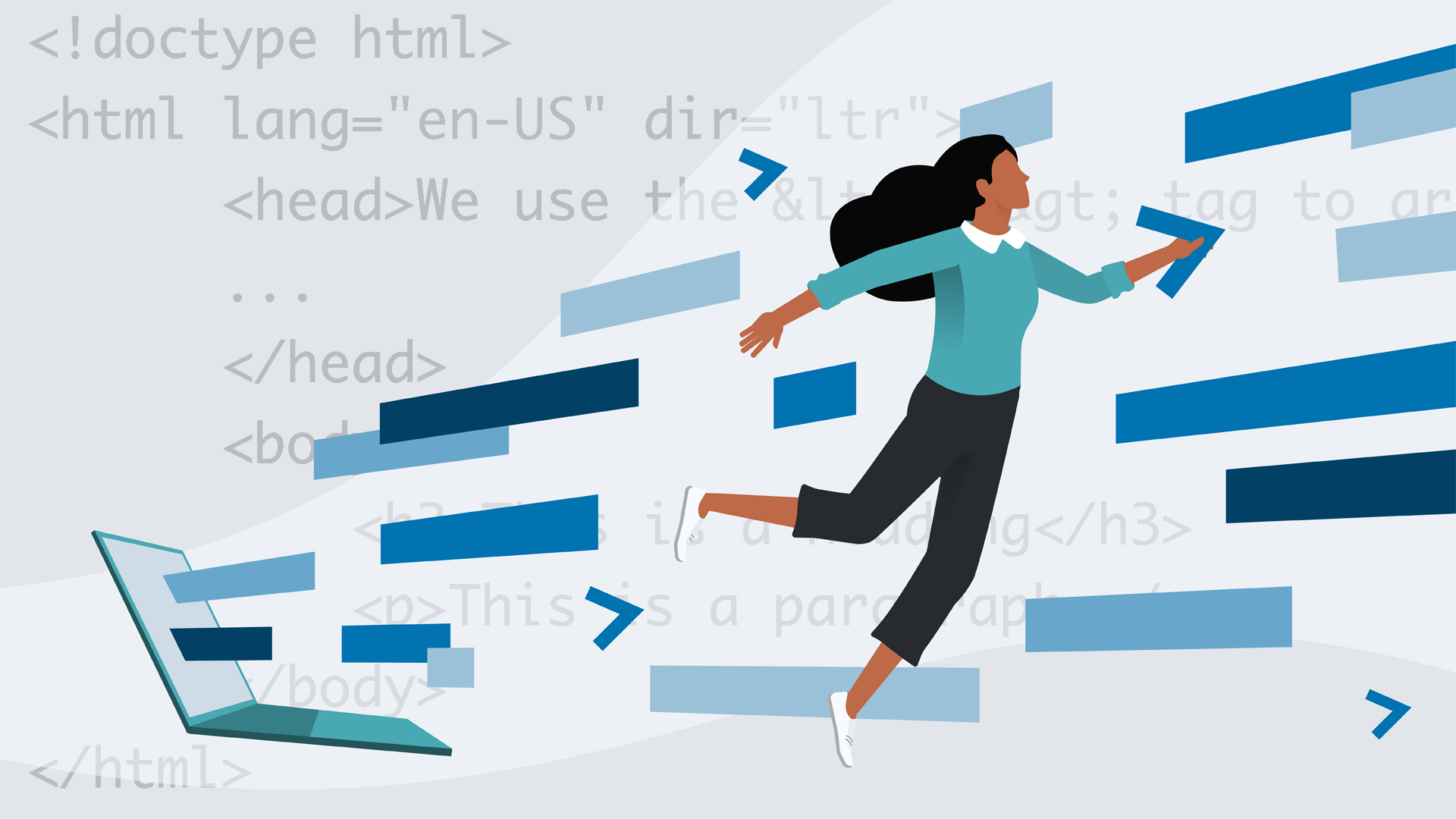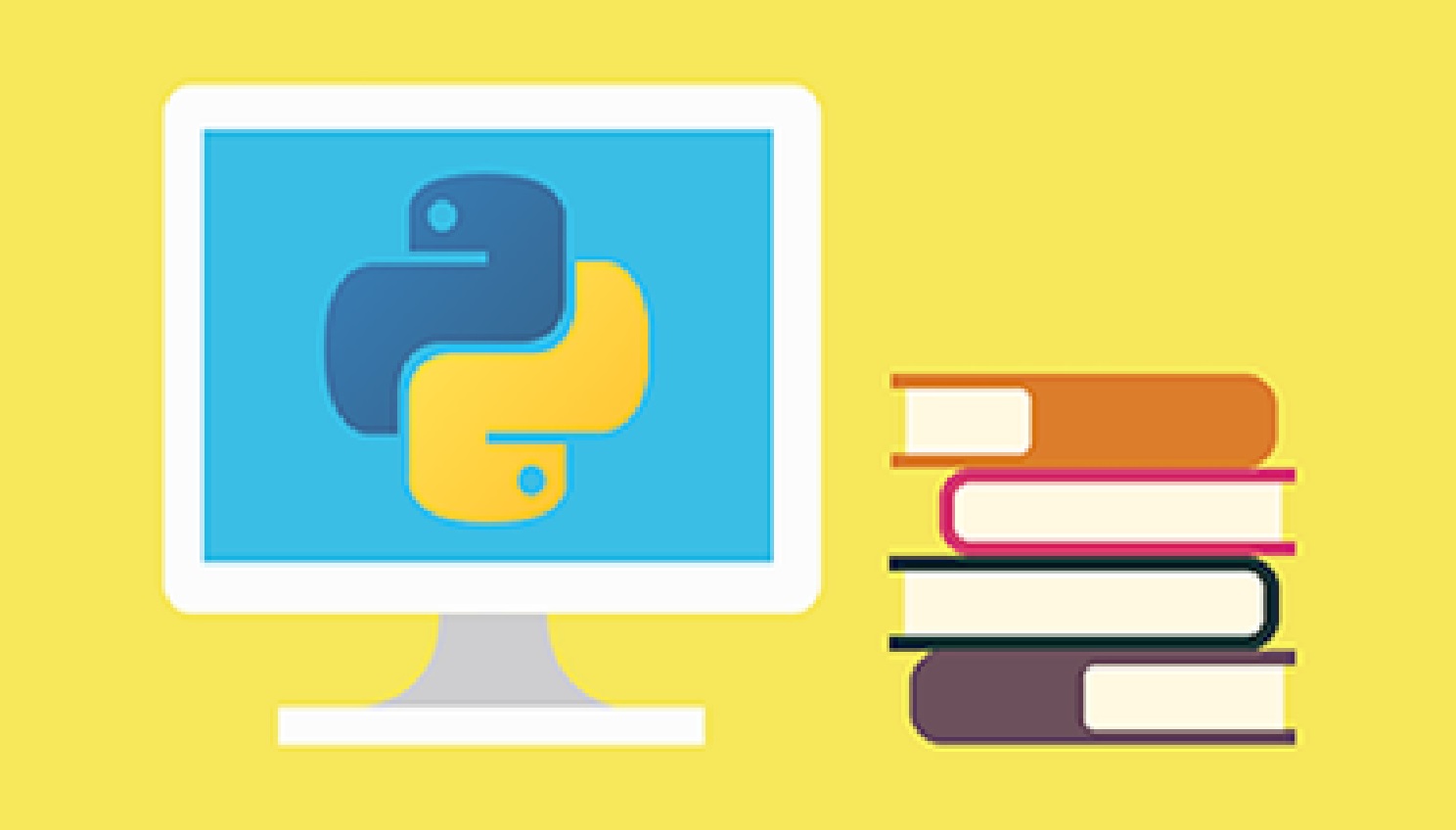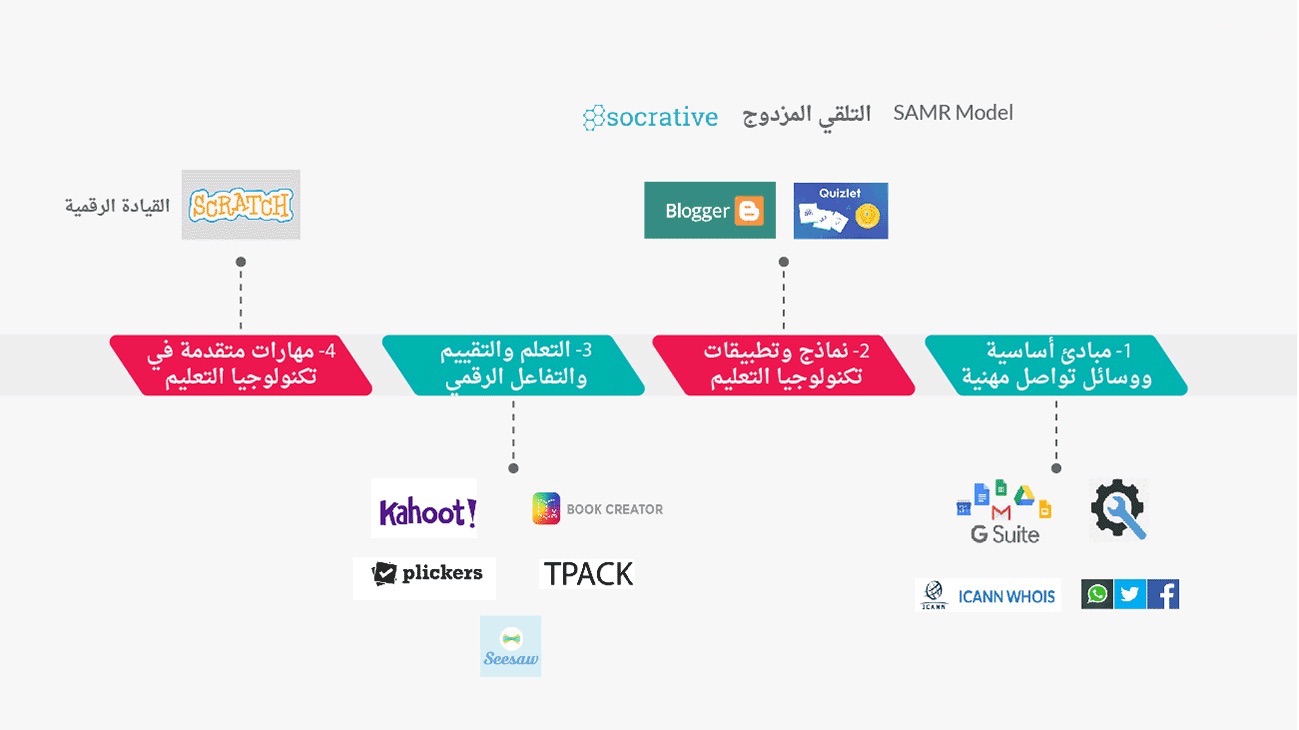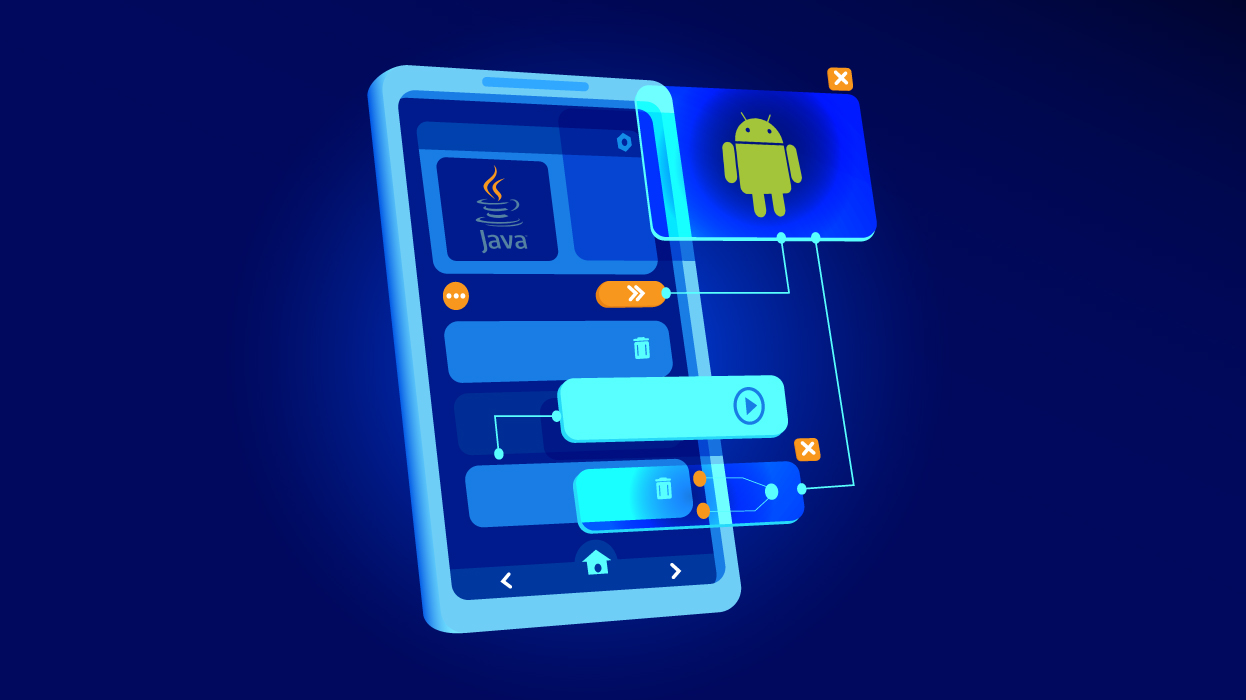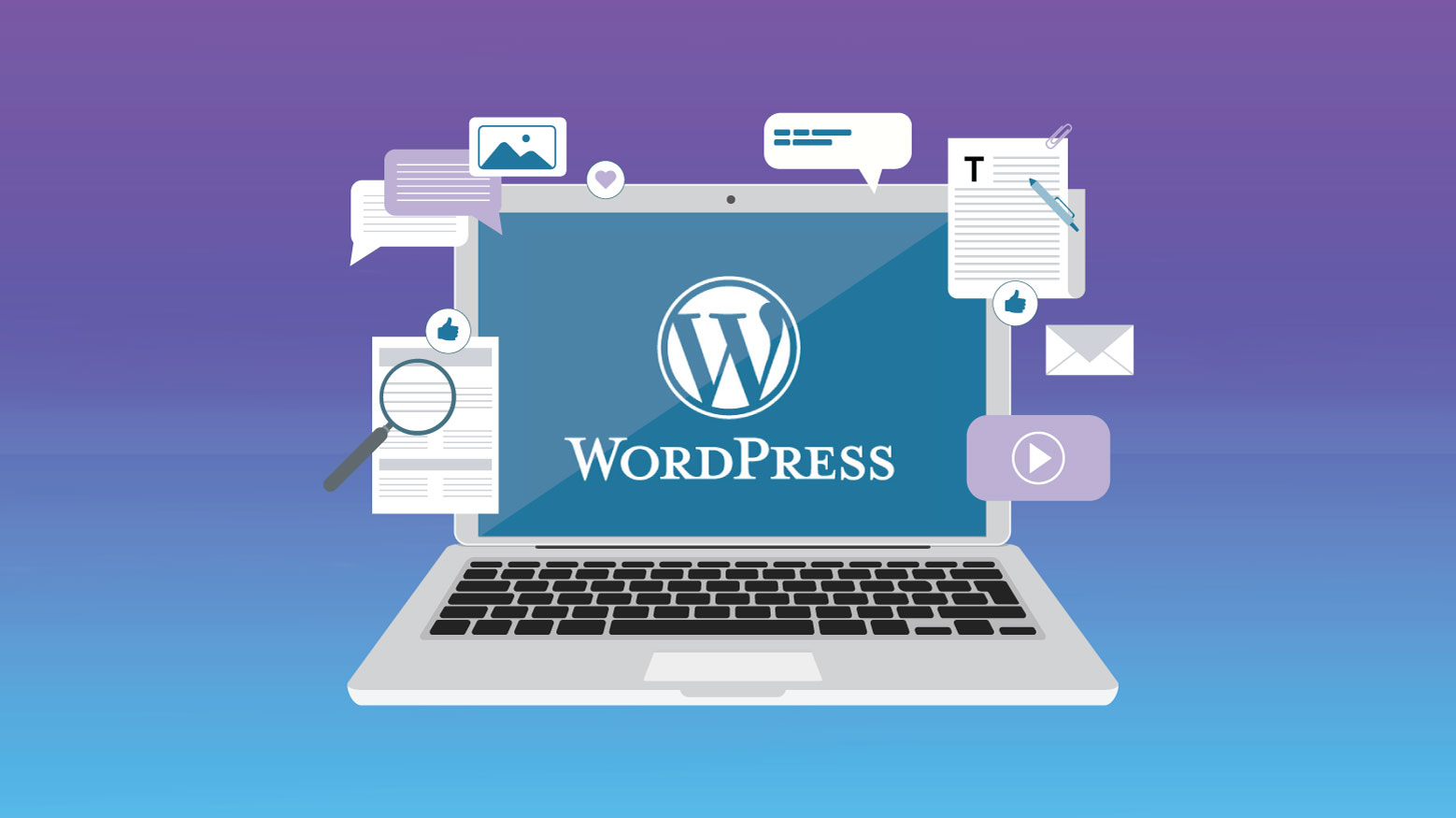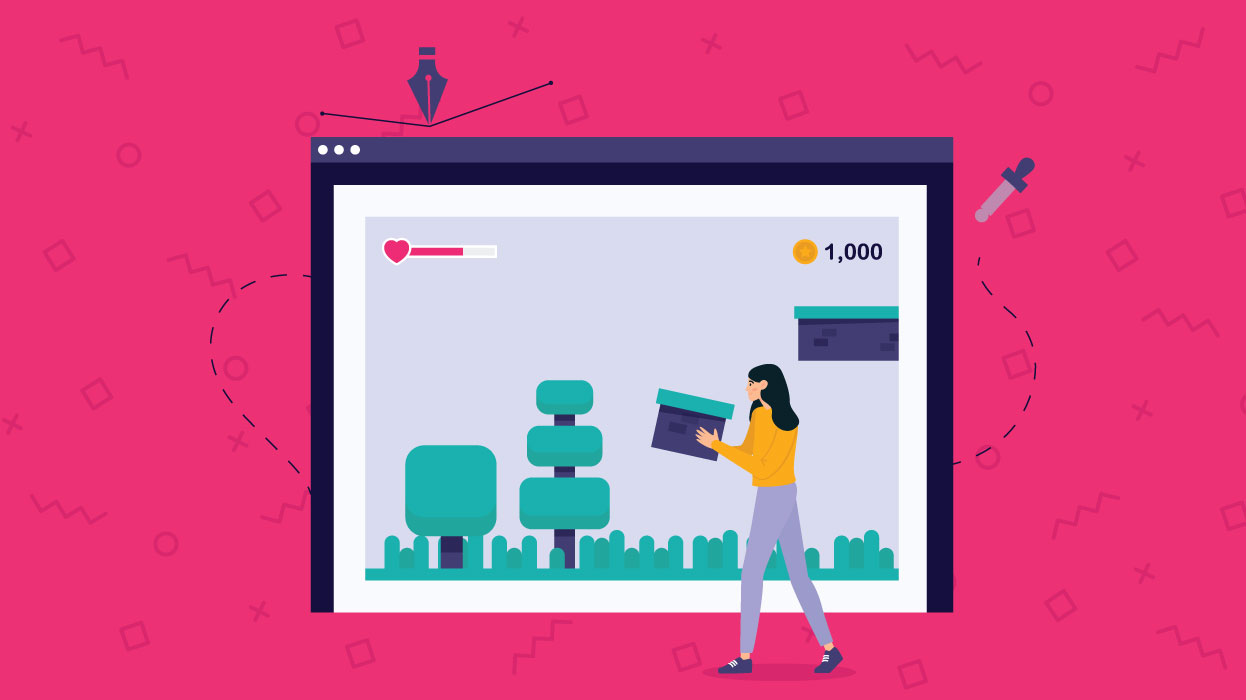Learn to code for data analysis
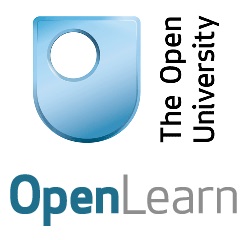
OpenLearn Review
Location
Online(Course Link)
Dates
On Demand
Course Categories
IT, Technology and Software
Certficate
Yes()
Language
English
Course Fees
FreeNo. of Attendant
Unlimited
Acquired Skills/Covered Subjects
- understand basic programming and data analysis concepts,recognise open data sources as a public resource,use a programming environment to develop programs,write simple programs to analyse large bodies of data and produce useful results.
| Provider Name | OpenLearn |
|---|---|
| Training Areas |
|
| Website | http://www.openuniversity.edu/ |
| About The Provider |
Since its launch in 2006, OpenLearn has become an integrated part of The Open University, with the site attracting more than 69 million visitors – many of which go on to make an enquiry about becoming a formal student, strengthening the journey between informal and formal learning. The OpenLearn team originate, commission and develop content that unites faculty and University priorities with areas of topical and general interest. This is in support of our own student population in their academic, skills and career and personal development (CPD) endeavours, delivering quality assets openly available for teaching and learning. OL deliver bite-sized learning experiences designed to fit easily into daily life, so whether you're a busy parent looking to get promoted at work, or back-packing across Africa and wanting to increase your learning, we are open with no requirements to access our free materials. Some of OL academic-led content includes: |
Software and data make the world go round. Learn programming, to analyse and visualise open data, with this free course, Learn to code for data analysis.
This course will teach you how to write your own computer programs, one line of code at a time. You'll learn how to access open data, clean and analyse it, and produce visualisations. You will also learn how to write up and share your analyses, privately or publicly.
You'll code in Python, a widely used programming language across all disciplines.
You will write up analyses and do coding exercises using the popular Jupyter Notebooks platform, which allows you to see immediately the result of running your code and helps you identify – and fix – any errors more easily.
You will also look at real data from the World Health Organisation, the World Bank and other organisations.


